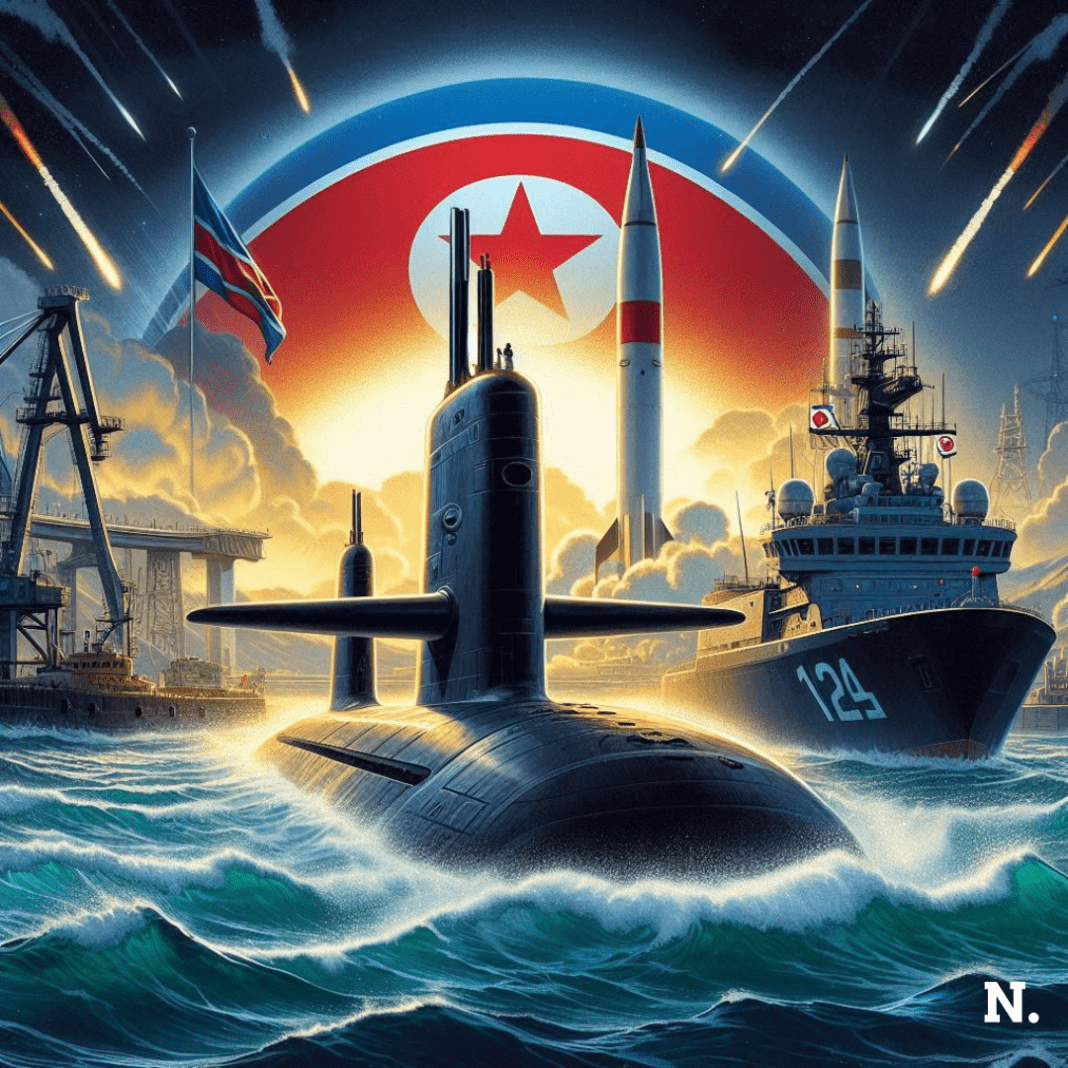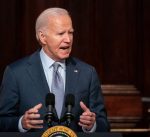North Korea is stepping up its threats. This follows the arrival of a nuclear-powered submarine from the United States in South Korea. This recent development highlights the ongoing tension in the region. North Korea is pledging to enhance its nuclear capabilities. This is in response to what it views as aggressive military actions by the U.S. North Korea’s response reflects its determination to assert itself amidst perceived threats.
North Korea’s Response to U.S. Military Presence
On Tuesday, a high-ranking North Korean official made a bold statement, asserting that the country would continue to improve its nuclear arsenal. This occurred following the Vermont-class American submarine’s docking in the South Korean port city of Busan. The visit was part of routine military operations but has drawn significant attention due to the growing concerns surrounding North Korea’s nuclear ambitions.
According to the North Korean official, the American submarine’s presence “clearly reveals the frantic military and strategic attempt of the U.S.” North Korea is obligated to increase its nuclear war weapons “in quality and quantity continuously and limitlessly” in light of this. This suggests that missile testing and other military advancements may rise in the future.
This is not the first time North Korea has reacted strongly to U.S. military actions in the region. The country has a history of responding with missile tests whenever American military assets are deployed near its borders. These assets include aircraft carriers and nuclear submarines. The arrival of the Vermont submarine is seen as a direct threat. This has led North Korea to reaffirm its commitment to enhancing its defense systems.
Recent Military Developments in North Korea
In the lead-up to the submarine’s visit, North Korea has made significant strides in its military capabilities. The nation showcased a uranium-enrichment facility earlier this month. This facility is critical for developing nuclear weapons, as it allows North Korea to produce the material needed for atomic bombs. The unveiling of this facility marked the first time since 2010 that North Korea has revealed details about its uranium enrichment capabilities.
Furthermore, North Korea conducted a missile test last week, showcasing a new ballistic missile designed to carry a heavy warhead. This missile is part of North Korea’s ongoing efforts to strengthen its military technology. North Korea conducts the tests and unveils the enrichment facility as clear messages to the international community regarding its determination to advance its nuclear program.
North Korea’s military activities have not been limited to missile tests and facility unveilings. The country has also engaged in psychological tactics, such as sending balloons filled with propaganda and trash across the border into South Korea. This action is reminiscent of tactics used during the Cold War, where countries would use psychological warfare to intimidate and provoke their opponents.
South Korea’s Military Readiness and Response
In light of North Korea’s provocative actions, South Korea’s military is on high alert. The South Korean government has warned that it may take military action if North Korea’s balloon campaign escalates to the point where it poses a serious threat to civilian safety. However, specific actions have not been detailed. South Korean military officials emphasized that they are not considering shooting down the balloons while they are in the air, as this could pose risks if the balloons carry harmful substances.
The United States is bolstering its military presence in the area through a larger strategy, which includes the arrival of the U.S. submarine. This strategy aims to deter North Korea from escalating its nuclear threats. Temporary deployments of powerful military assets, including submarines and bombers, are not uncommon. However, these deployments have increased in frequency and visibility over the past year due to North Korea’s evolving nuclear capabilities.
The heightened military presence has raised tensions in the region, leading to a cycle of provocation and response. North Korea’s leadership perceives these military actions as hostile and retaliates accordingly, often with missile tests or other military demonstrations.
The situation on the Korean Peninsula remains tense. North Korea vows to enhance its nuclear capabilities in response to the U.S. military presence in South Korea. Ongoing developments include North Korea’s missile tests and the unveiling of new military facilities. These actions indicate a complex security environment in the region. Both North and South Korea are on alert. The possibility of further escalations is a critical concern for all parties involved.





